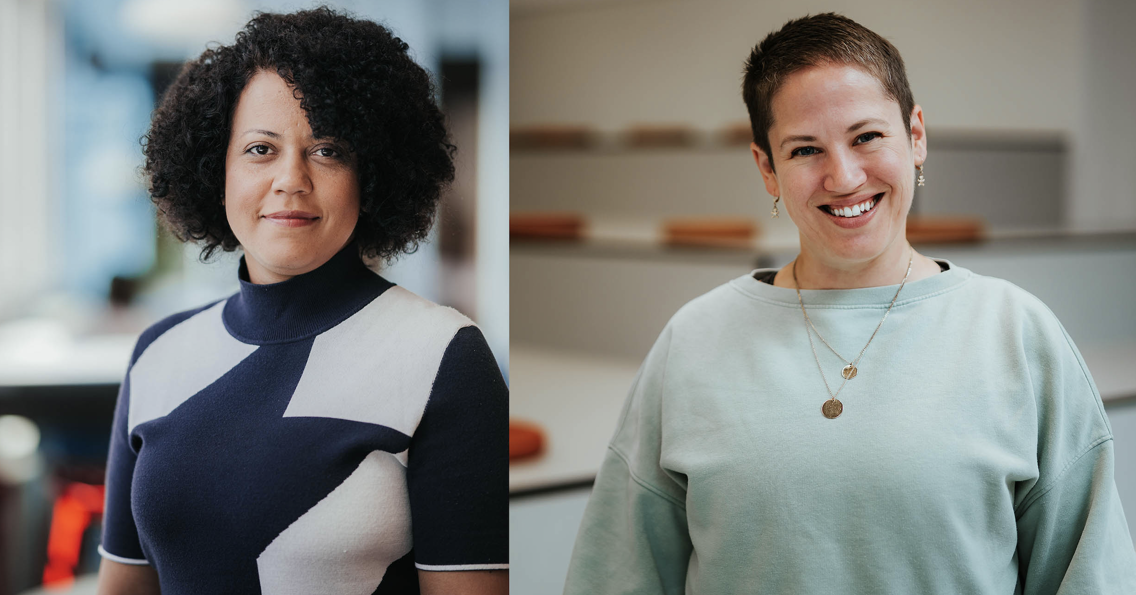Exploring the use of narrative therapy with Ukrainian refugees
Ukrainian students who have arrived in Norway following Russia's invasion play a key role in a new interdisciplinary research project at Kristiania University College.
– The research project “FactArt: Society Observes” aims to treat traumas among Ukrainian refugees in the aftermath of Russia's invasion in 2022. Through the use of Narrative Exposure Therapy (NET), the project will integrate storytelling and performing arts as means of treatment and determine their effect, says Associate Professor at the School of Health Sciences, Vanessa Nolasco Ferreira. She is a clinical psychologist educated in Brazil, who has lived in Norway for three years. She has been working at Kristiania's Bergen department since 2022.
What is NET?
Narrative Exposure Therapy (NET) is a therapeutic approach primarily developed to treat Post Traumatic Stress Disorder (PTSD) in survivors of systematic human rights abuses and torture. The method combines techniques from cognitive behavioral therapy with trauma-focused techniques.
– In NET, the patient is asked to revisit and narrate their life story chronologically, with particular emphasis on traumatic events. The therapist assists the patient in constructing a coherent narrative of their life, helping them organize and integrate traumatic memories into a comprehensive life story. This can help reduce PTSD symptoms by placing traumatic experiences in a comprehensible context, Ferreira elaborates.
To qualify for participation in the research project, interested individuals must be Ukrainian refugees aged between 18 and 55. Additionally, they must speak English and be students at a Norwegian college, university or at the norwegian introduction program. Student recruitment for the project takes place throughout the fall of 2023 and into 2024.
Read more about how you can participate in the study!
Through narrative exposure therapy, patients can relive traumatic events in a safe setting, potentially reducing stress and anxiety.
– Narrative therapy provides participants a platform to make sense of their experiences while equipping them with the tools needed to build a new future in Norway, says Ferreira.
From therapy to stage
The research project is a collaboration between the School of Health Sciences and the School of Art, Design, and Media at Kristiania. The latter will use the narratives shared during therapy sessions to develop a script that will serve as a basis for performing arts.
– We envision a performance where the refugees' anonymized experiences are shared with the audience. Through artistic research we may explore how to best stage the stories in order to give audiences a deeper emotional understanding and empathy for the challenges refugees face, says Signe Alexandra Domogalla, associate professor at the Institute for performing arts at Kristiania.
The performance will also serve as a platform for the refugees themselves, where they can see their own experiences reflected back to them from the stage. This provides an opportunity for them to process their traumas in an entirely new way.
– The project is about how we narrate our life stories and how these stories affect our mental health, adds Domogalla.
The research project aims to determine whether narrative therapy can bolster the mental health of the Ukrainian participants. The research team also seeks to examine whether performing arts effectively can raise awareness of the refugees' situation in Norway.
– By combining therapy and performing arts, we aim to offer a comprehensive approach to the refugees' situation that engages both heart and mind, concludes Vanessa Nolasco Ferreira.
